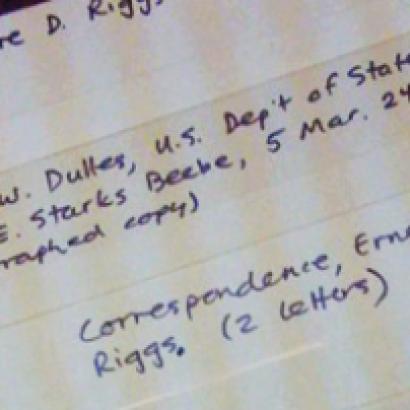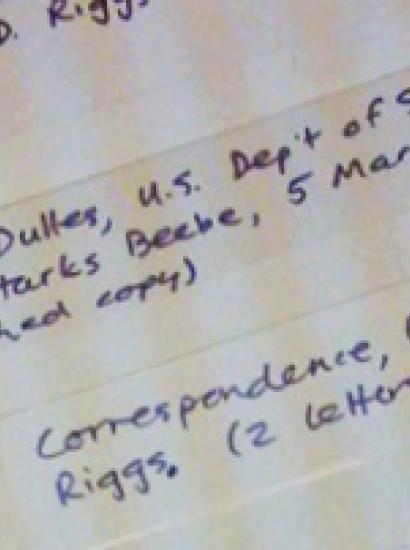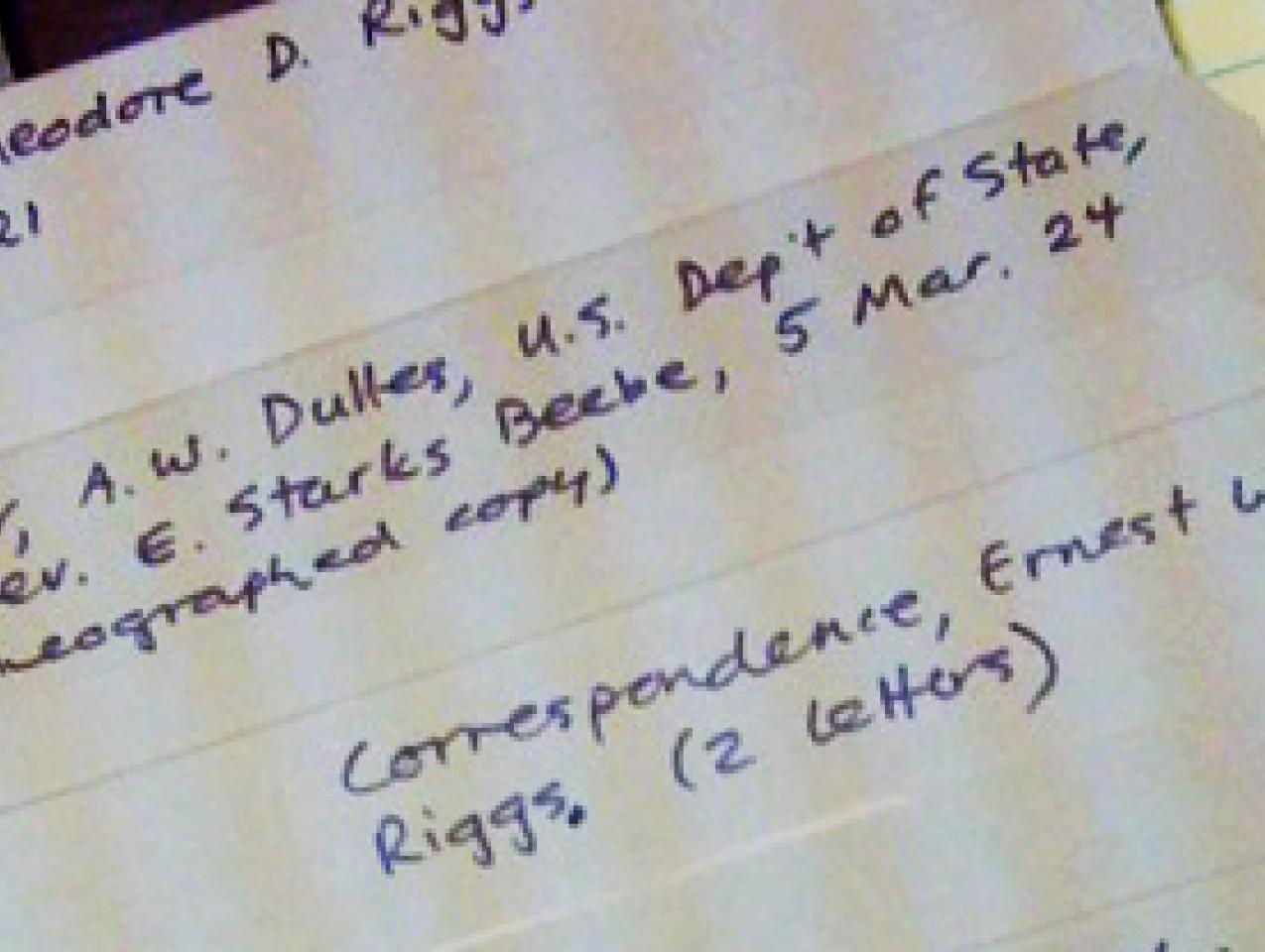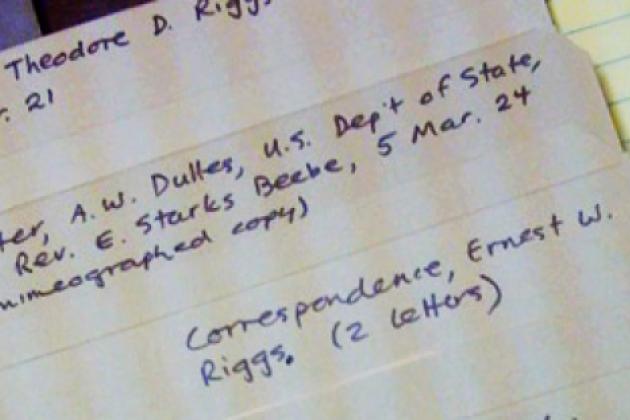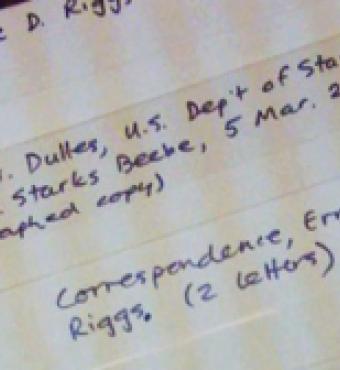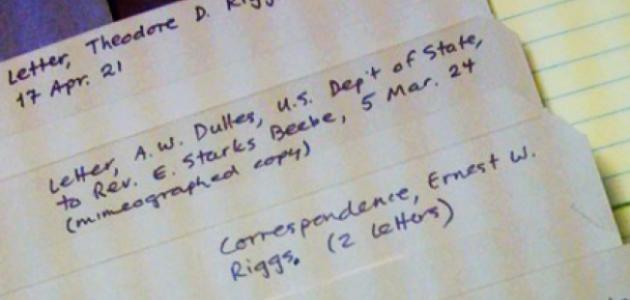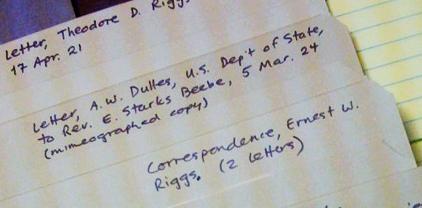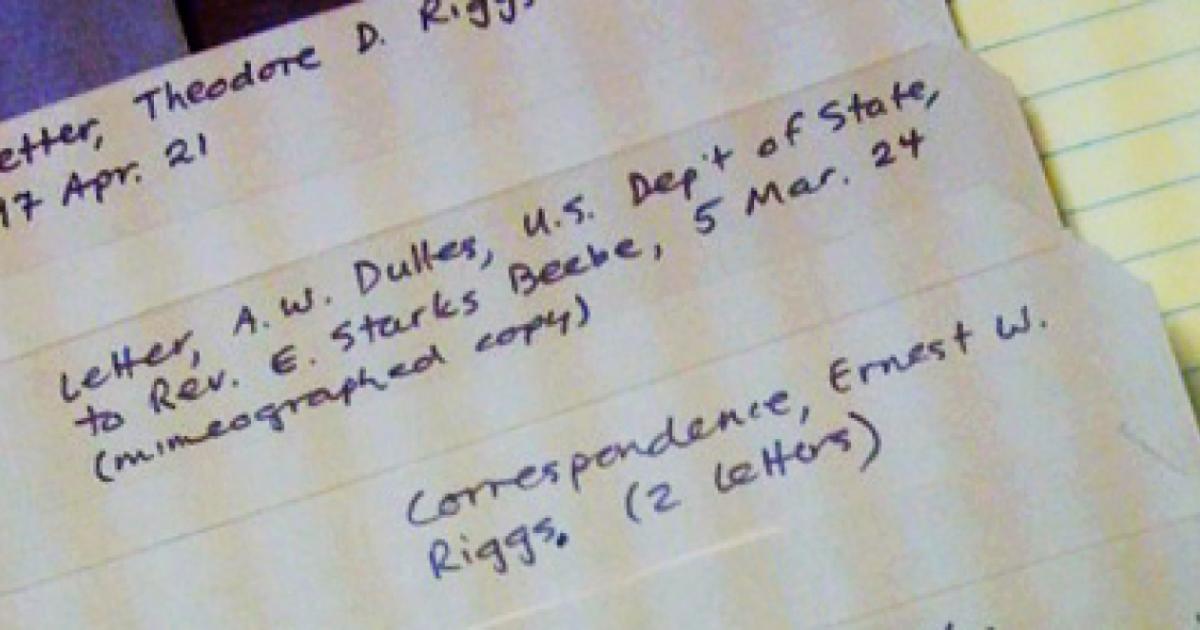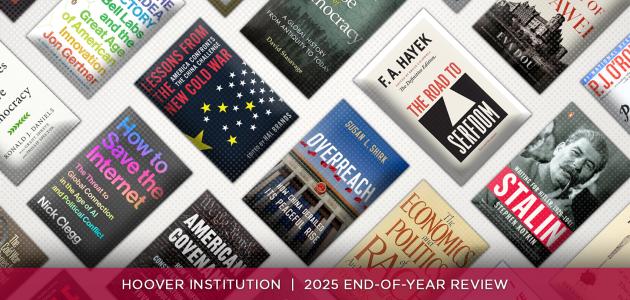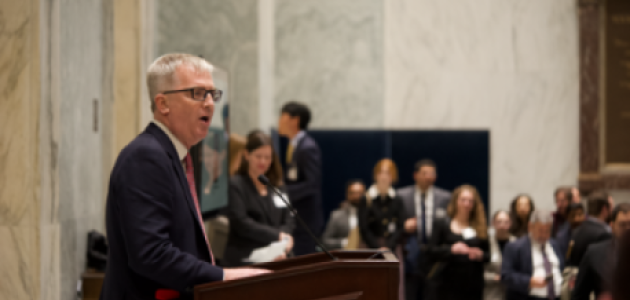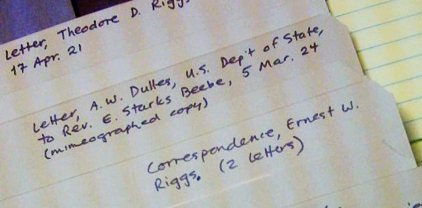
Finding aids to the collections described below are now available through the Online Archive of California.
Gino Charles Speranza papers, 1911–25
Speranza was a journalist and foreign correspondent for Outlook and the New York Evening Post in Italy during World War I and a political and military attaché for the United States embassy in Rome from 1917 to 1919. His diaries, correspondence, and printed matter relate to Italian politics and diplomacy during and after the war.
Henry Cutler Wolfe papers, 1905–42
This collection relates to conditions in the Samara Province of Russia, operations of the American Relief Administration (ARA) in Russia, and European politics in the interwar period. Wolfe, an American writer and journalist, worked for the ARA in Russia in 1922. His papers contain writings, correspondence, printed matter, and photographs.
Sergeĭ Aleksandrovich Semeka diaries, 1941–44
These diaries describe Semeka’s daily activities as head of the Military Medical Administration in the Soviet army during World War II.
Dagmara Lejnieks collection, 1962–2012
Lejnieks selected these printed materials and video recordings as her personal record of a time that is often referred to by Latvians as simply "the barricades," a turbulent period that saw barricades erected in the Latvian capital Rīga and demonstrators killed by Soviet security forces (OMON troops). The collection relates to the movement for Latvian (and Baltic) independence in the late perestroika era and the first year of the Latvian state, which emerged in 1991.
Dale O. Hall papers, 1943–46
The correspondence, diary, and photographs in this collection relate to military training in the United States during World War II, military mapping in the Pacific theater, and the postwar occupation of Japan. Hall served in the Sixth-Fourth Engineers’Topographic Battalion of the US Army from 1944 to 1946.
Charlotte Kellogg papers, 1916–56
These writings, printed matter, and scrapbooks concern relief work in Belgium during World War I, relief work in Poland during and after World War II, and Queen Jadwiga of Poland. Kellogg was an American author and relief worker.
Vernon Lyman Kellogg papers, 1902–32
Kellogg was a zoologist at Stanford University, an officer in relief organizations in Europe during World War I, and the husband of Charlotte Kellogg. His writings, correspondence, and printed matter relate to relief work in Belgium during the war, the relief activities of Herbert Hoover, and the world food problem.







